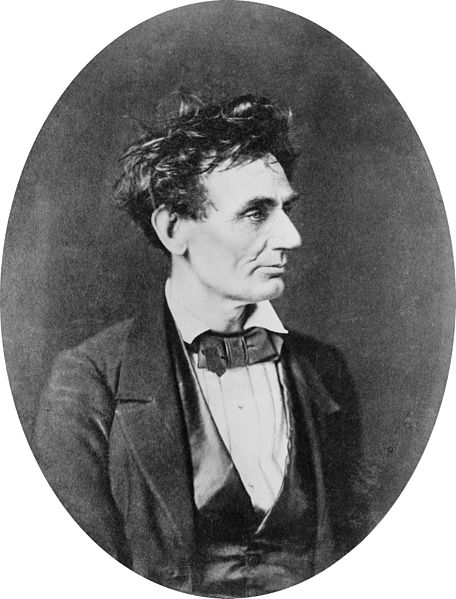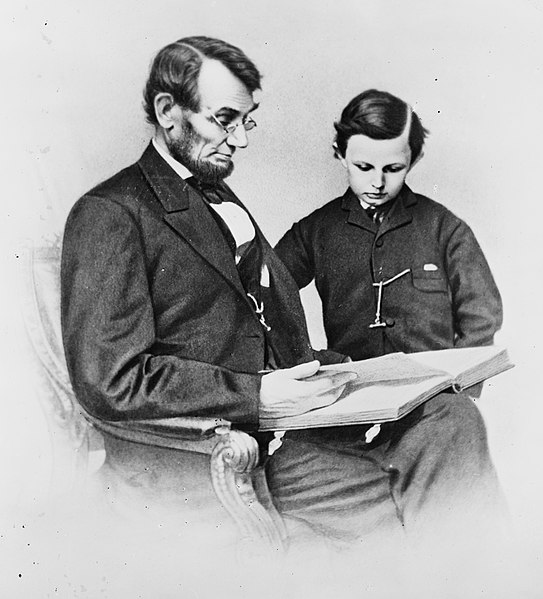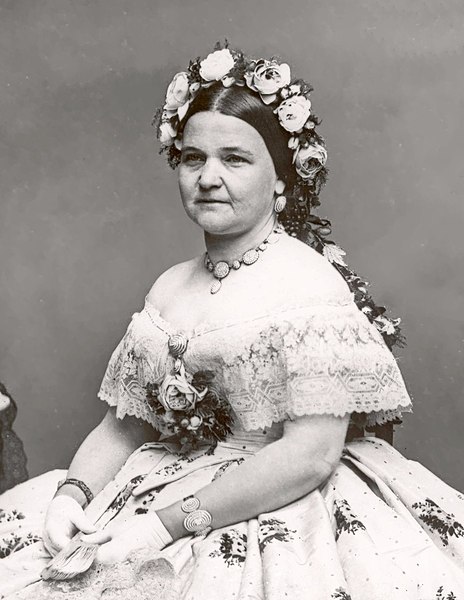Lyman Trumbull was an American lawyer, judge, and politician who represented the state of Illinois in the United States Senate from 1855 to 1873. Trumbull was a leading abolitionist attorney and key political ally to Abraham Lincoln and authored several landmark pieces of reform as chair of the Judiciary Committee during the American Civil War and Reconstruction era, including the Confiscation Acts, which created the legal basis for the Emancipation Proclamation; the Thirteenth Amendment to the United States Constitution, which abolished chattel slavery; and the Civil Rights Act of 1866, which led to the Fourteenth Amendment to the United States Constitution.
Trumbull c. 1870
As a young man, Trumbull relocated from Connecticut to Illinois, where his home in Alton is now a National Historic Site.
In 1855, Trumbull overcame Abraham Lincoln to win his first election as United States Senator. Lincoln endorsed Trumbull for the seat, and they became allies and co-leaders of the new Republican Party of Illinois.
Illustration of Senator Trumbull motioning on May 6, 1868, for the arrest of disorderly spectators at the impeachment trial of Andrew Johnson
Abraham Lincoln was an American lawyer, politician, and statesman, who served as the 16th president of the United States, from 1861 until his assassination in 1865. Lincoln led the United States through the American Civil War, defending the nation as a constitutional union, defeating the insurgent Confederacy, playing a major role in the abolition of slavery, expanding the power of the federal government, and modernizing the U.S. economy.
Lincoln in 1863
The farm site where Lincoln grew up in Spencer County, Indiana
1864 photo of President Lincoln with youngest son, Tad
Mary Todd Lincoln, wife of Abraham Lincoln, in 1861








